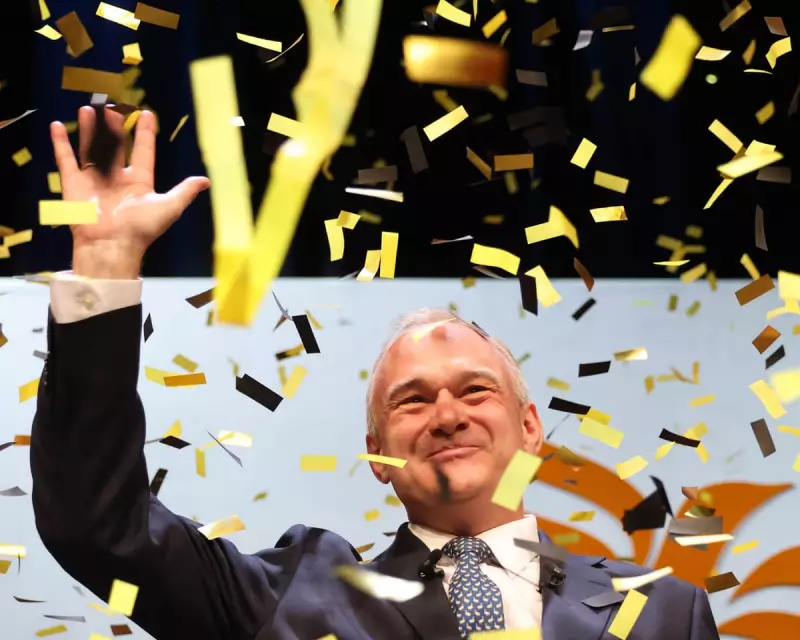
In the turbulent landscape of British politics, a surprising front line has been drawn. While a depleted Labour government finds its footing, the most vigorous and principled resistance to Nigel Farage’s populist insurgency is not coming from the official opposition, but from the Liberal Democrats under Sir Ed Davey.
A Party Reborn for a Constitutional Fight
Gone are the days of cautious centrism. Under Davey’s leadership, the Liberal Democrats have undergone a profound transformation, rediscovering their radical roots to confront what they see as an existential threat to Britain’s democratic norms. This isn't merely party-political manoeuvring; it's being framed as a moral and constitutional necessity.
The party’s strategy is twofold: to directly challenge Reform UK’s policies and rhetoric in the public sphere, while simultaneously working to dismantle the Conservative Party, which they view as having capitulated to Farage’s agenda.
The Anatomy of Resistance
The Lib Dem approach is multifaceted and distinctly aggressive:
- Constitutional Defence: Positioning themselves as the guardians of British institutions against what they label as Farage's destabilising influence.
- Economic Contrast: Drawing clear lines between their own policies and Reform's, particularly on issues like the NHS and social care.
- Tactical Ground War: Focusing resources on key constituencies where the battle is directly between Liberal Democrat and Conservative candidates, effectively squeezing the Tory vote.
Beyond Partisanship: A Battle for Decency?
Sir Ed Davey’s rhetoric has sharpened considerably. He speaks less of simple political disagreement and more of a fundamental clash of values. The Lib Dems are attempting to occupy the space of the ‘decent centre’, arguing that the Conservative Party has vacated this ground. This moral framing is a deliberate attempt to appeal to moderate voters appalled by the direction of the right.
The party’s confidence is bolstered by a series of strong by-election performances and internal polling suggesting their message is cutting through with a segment of the electorate desperate for a credible alternative.
The Uphill Struggle
Despite the bold strategy, the path is fraught with challenges. The first-past-the-post electoral system heavily favours the two largest parties. Furthermore, the Lib Dems must contend with a media landscape often obsessed with the Labour-Reform dichotomy, struggling to gain equal airtime for their arguments.
Yet, there is a palpable sense of purpose within the party. They believe history is calling, and that the defence of liberal democracy itself may just rest on their shoulders. Whether this bold gambit will translate into significant parliamentary gains remains to be seen, but one thing is clear: the Liberal Democrats are no longer playing it safe.






